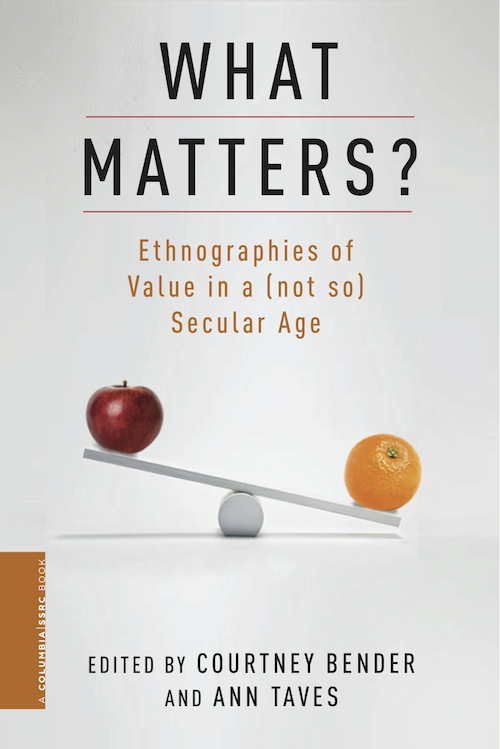 Over the past decade, religious, secular, and spiritual distinctions have broken down, forcing scholars to rethink secularity and its relationship to society. Since classifying a person, activity, or experience as religious or otherwise is an important act of valuation, one that defines the characteristics of a group and its relation to others, scholars are struggling to recast such concepts in an increasingly ambiguous, pluralistic world.
Over the past decade, religious, secular, and spiritual distinctions have broken down, forcing scholars to rethink secularity and its relationship to society. Since classifying a person, activity, or experience as religious or otherwise is an important act of valuation, one that defines the characteristics of a group and its relation to others, scholars are struggling to recast such concepts in an increasingly ambiguous, pluralistic world.
This volume considers religious and secular categories and what they mean to those who seek valuable, ethical lives. As they investigate how individuals and groups determine significance, set goals, and attribute meaning, contributors illustrate the ways in which religious, secular, and spiritual designations serve as markers of value. Reflecting on recent ethnographic and historical research, chapters explore contemporary psychical research and liberal American homeschooling; the work of nineteenth and early-twentieth-century American psychologists and French archaeologists; the role of contemporary humanitarian and volunteer organizations based in Europe and India; and the prevalence of highly mediated and spiritualized publics, from international psy-trance festivals to Ghanaian national political contexts. Contributors particularly focus on the role ambivalence, attachment, and disaffection in the formation of religious, secular, and spiritual identities. This anthology resets research on secular society and contemporary religious life while illuminating what matters in the lives of ordinary individuals.
Edited by Courtney Bender and Ann Taves, and forthcoming from Columbia University Press, What Matters? Ethnographies of Value in a (not so) Secular Age is the product of a collaboration between the SSRC and the School for Advanced Research.












